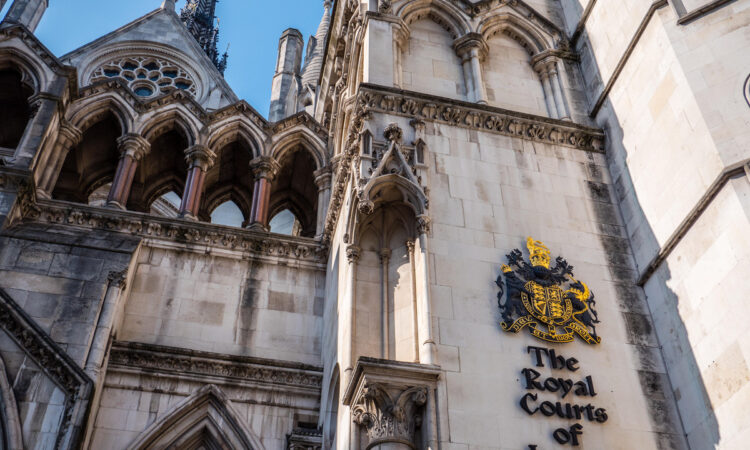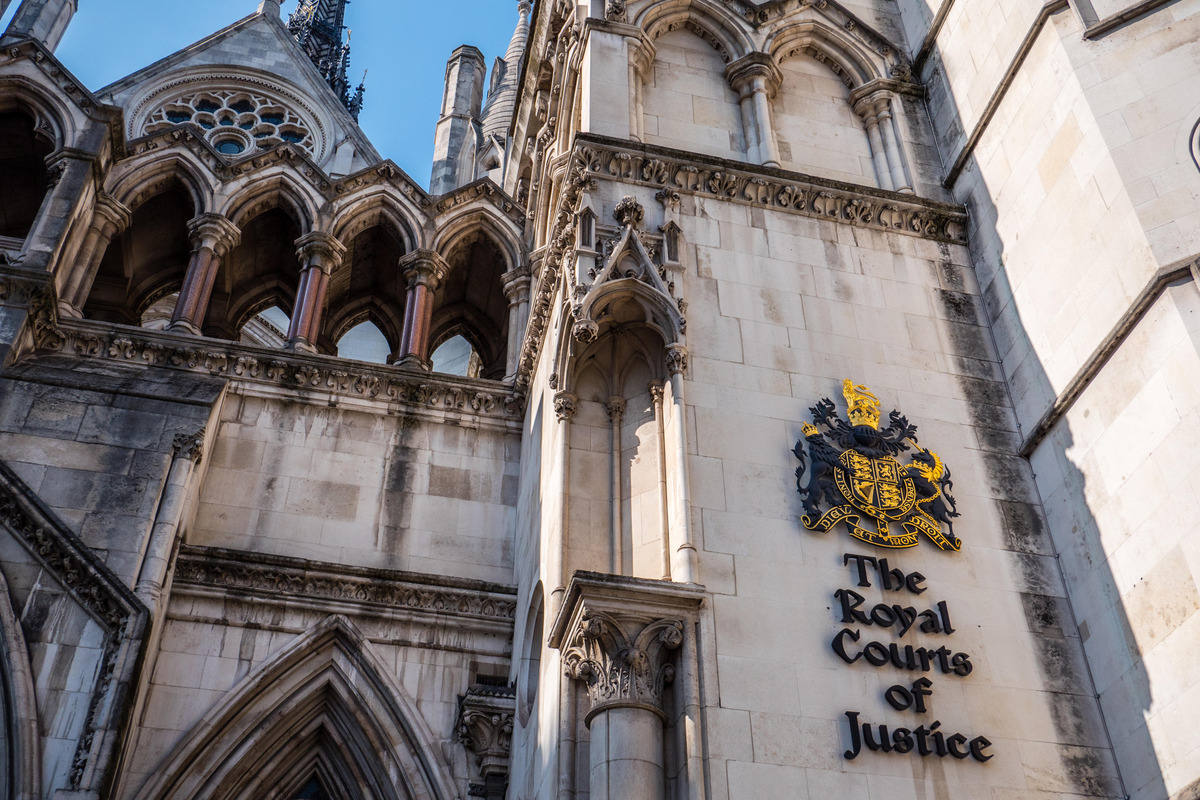Inside Housing – Comment – The Pensions Trust litigation – what should affected employers be doing?


Martin McFall, Deborah Shumate and Michael Rhode
Martin McFall, Deborah Shumate and Michael Rhode are partners at Trowers & Hamlins
As the sector awaits the outcome of the pensions claim, Deborah Shumate, Martin McFall and Michael Rhode explain how affected organisations should be preparing
Verity Trustees Limited has now issued its pensions claim in the High Court of Justice regarding a number of potential breaches of The Pensions Trust’s (TPT) trust deed and rules (TDR). The court has been asked to determine whether various changes to the TDR were in breach of a so–called fetter contained in the power of amendment, rendering the changes invalid.
The pensions claim will be well known to housing associations and charities across the UK. They have been warned by TPT since 2021 that it was coming and were provided with their estimated extra liabilities (if the court finds the changes to be invalid) around December 2022.
The potential ramifications for employers participating in TPT pension schemes (such as the Social Housing Pension Scheme, the Scottish Housing Associations’ Pension Scheme, the Growth Plan and various other standalone schemes) are very serious.
Most, if not all, employers (of which there are at least 1,500) have been told that, in the worst-case scenario (ie where the court finds against Verity on all the questions it has been asked to determine), they will be required to make substantial additional contributions to their pension schemes to meet those liabilities. Such potential contributions commonly run into the hundreds of thousands, if not millions, of pounds for each affected employer.
Affected employers are understandably concerned.
Questions have arisen as to how the pensions claim has been structured, with Verity as claimant representing the interests of employers (somewhat uncommonly, given its pivotal role in making the amendments in question in the claim) and a representative beneficiary (Katharine Wood) representing the interests of beneficiaries.
Notwithstanding TPT’s assurances that this approach is appropriate, this is far from clear, given the nature and extent of the questions being answered and the sheer number of affected employers (let alone beneficiaries).
“Employers therefore also need to consider the particular amendment to the trust deed and rules which may affect them and when such amendment to the trust deed and rules was made”
While employers were invited to provide comments on the claim documents before they were filed, no employers were offered any opportunity to compromise claims in exchange for reduced costs exposure. It is unclear what consideration has been given to managing the pensions claim in a cost-effective manner for those employers who might not necessarily be willing to spend legal costs on questions that are not relevant to their position.
Indeed, Save the Children was sufficiently concerned that it joined the proceedings as a second defendant to represent its own interests as a standalone employer. It is not clear if other affected employers may also seek to join the proceedings. There is plenty of time for them to do so: the 25-day trial of the pensions claim will not be heard until February 2025.
Affected employers are also grappling with the question of whether there will be any legal recourse against TPT and/or its legal advisors in the event that the court determines the TDR/fetter questions against Verity, such that Verity will seek revised contributions or payments from employers to meet their additional liabilities towards their pension schemes (as has been forewarned).
That question cannot be answered properly, however, until the outcome of the pensions claim.
The court may find against Verity on some, but not all, questions. That, in turn, may impact employers differently, ie liabilities to pay additional contributions will arise for some employers but not others. What will the relevant breach be, when did the ‘cause of action’ accrue and what is the quantum of any claim an employer may be able to pursue against TPT and/or its advisors?
These questions raise further questions regarding limitation. By the time the pensions claim has been determined and Verity has ascertained the additional contributions required from employers to their pension scheme, will employers be time-barred from pursuing claims?
The relevant statutory provisions in the Limitation Act 1980 provide that a claim against TPT and/or its advisors would have to be brought within six years of the accrual of the relevant cause of action or, alternatively, if the employer did not know that the cause of action had accrued in that time, within three years of the earliest date on which the employer had both (i) the knowledge required for bringing an action for damages in respect of the relevant damage and (ii) a right to bring such an action.
“It is unclear what consideration has been given to managing the pensions claim in a cost-effective manner for those employers who might not necessarily be willing to spend legal costs on questions that are not relevant to their position”
Most if not all of the changes to the TDR the court has been asked to consider were made more than six years ago, putting employers in the position of having to rely on the three-year saving provision for bringing claims from the date of knowledge.
Most affected employers were informed about the fact that TPT had identified concerns with changes to the TDR in breach of the fetter in May 2021. Was this the date on which the employers had the ‘knowledge required’ for bringing an action for damages?
In other words, would employers be required to commence a claim by May 2024 in order to avoid becoming time-barred?
A further complication regarding limitation is that, notwithstanding the saving provision that claims can be brought within three years of an employer having the required knowledge, this is subject to an overall long stop of 15 years from the date of the negligent act which caused the employer loss (except in cases where there has been deliberate concealment and/or fraud). Employers therefore also need to consider the particular amendment to the TDR which may affect them and when such amendment to the TDR was made.
We are currently advising a number of housing associations and charities on these issues and what steps they might take in order to protect themselves, pending the outcome of the pensions claim.
Deborah Shumate, Martin McFall and Michael Rhode, Trowers & Hamlins








